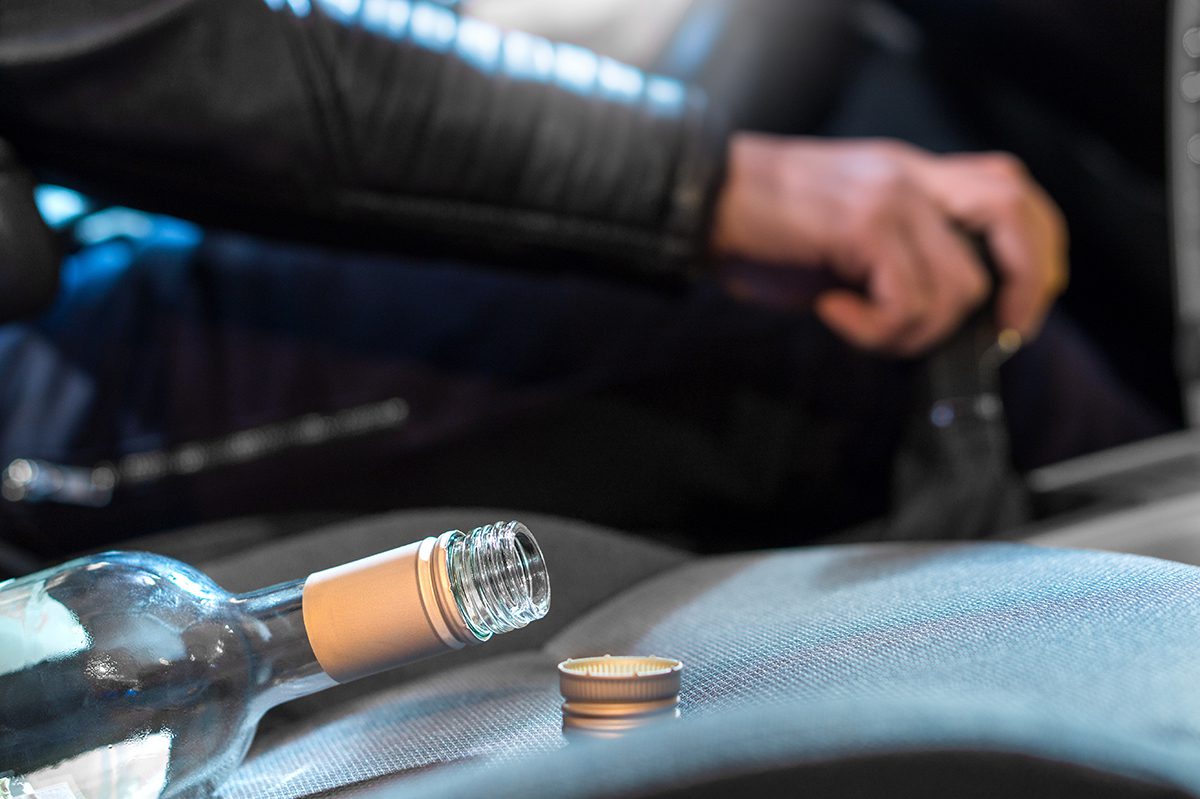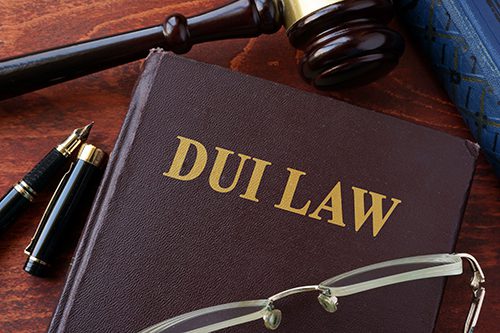The United States Supreme Court’s recent decision in Birchfield v. North Dakota deemed warrantless blood draws in driving under the influence arrests unconstitutional. This has far-reaching consequences in Pennsylvania, a so-called “implied consent” state, in which a motorist is deemed to have consented to a test of his blood or breath in the event of a suspected DUI.
Prior to the Supreme Court’s Birchfield decision, anyone stopped for a suspected DUI who refused a blood draw would potentially be subject to increased criminal penalties as if he or she had registered a blood alcohol level of .16% or higher, the highest tier for DUI sentencing purposes. Warnings given to motorists made this clear in advising of their “right” to refusal. In sentencing terms, refusals for a first offense called for a mandatory 72 hours incarceration and a mandatory minimum fine of $1,000. Both minimum and maximum penalties increased dramatically for second and subsequent offenses.




